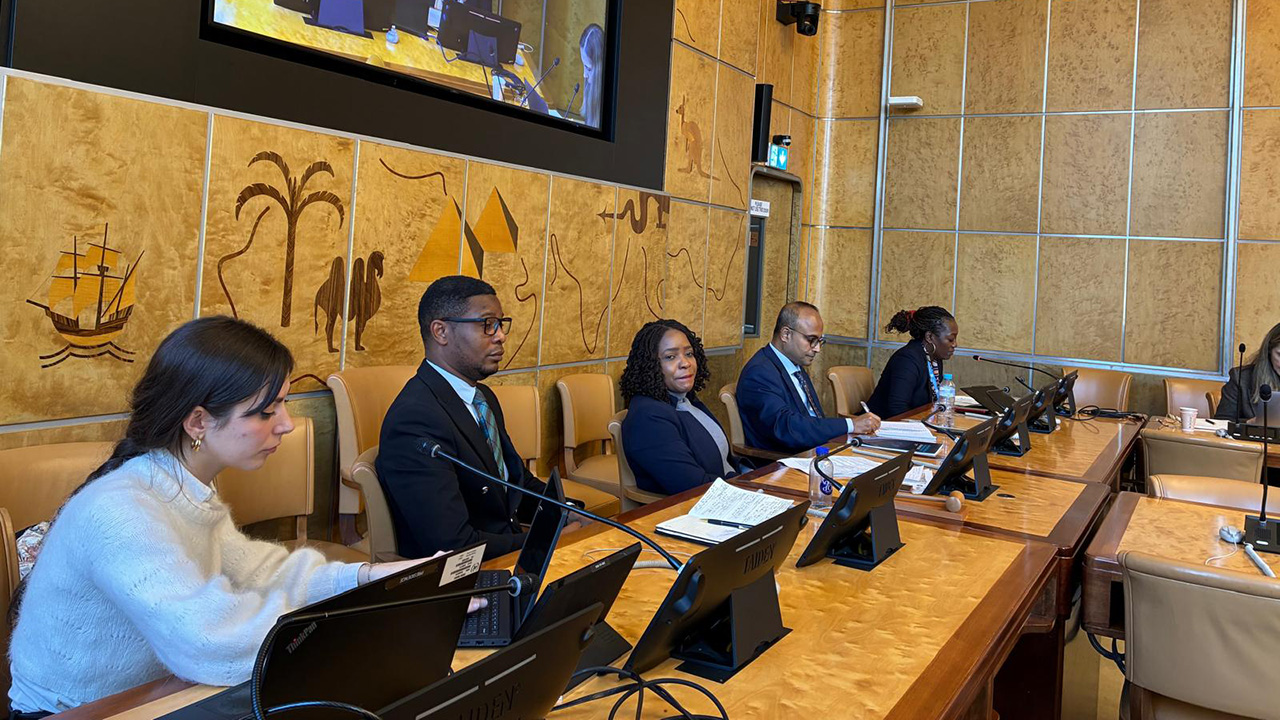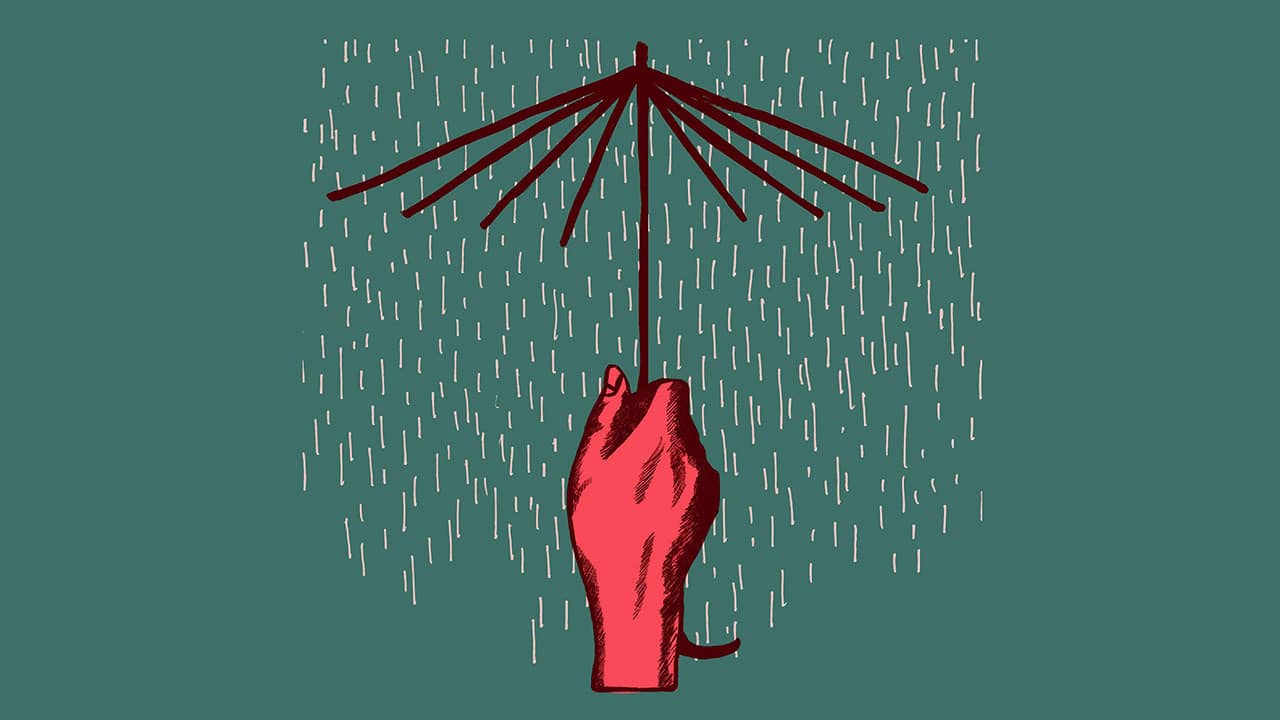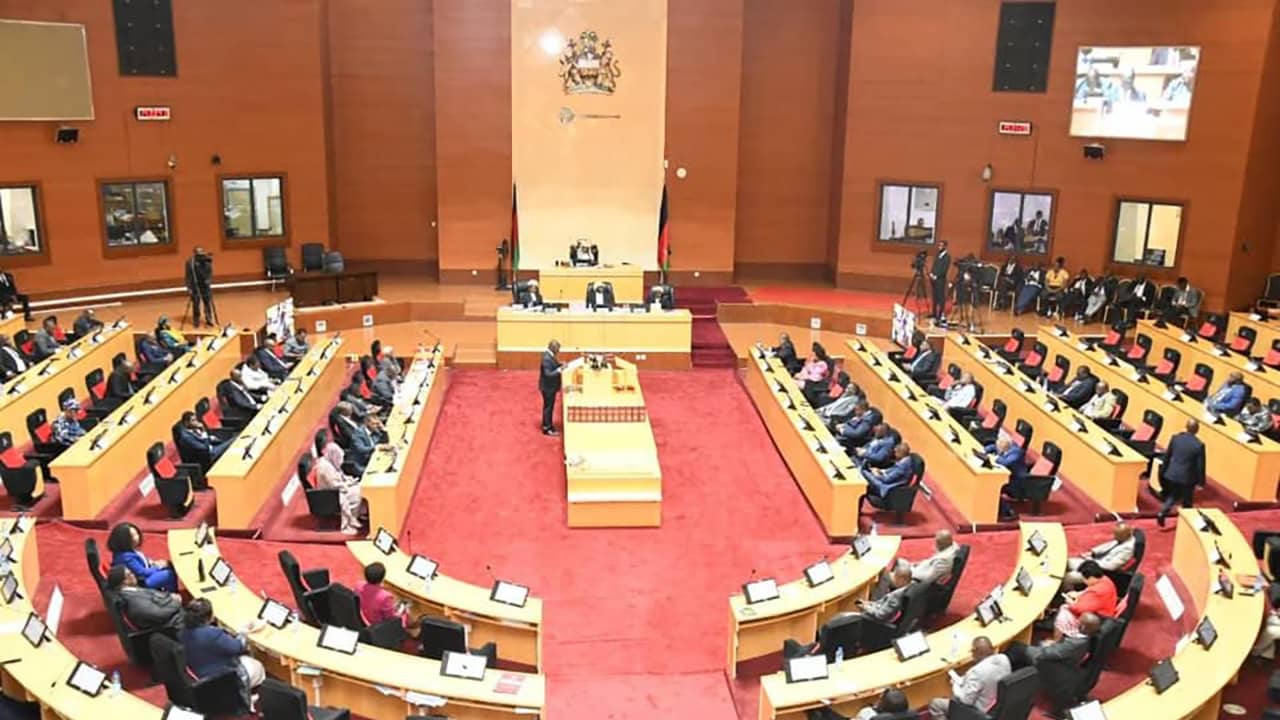New York/ The Hague/Bangui
Following the adoption of a law abolishing the death penalty by the National Assembly of the Central African Republic on Friday 27 May 2022, the law effectively entered into force on 27 June 2022, after its promulgation by President Faustin-Archange Touadéra. As such, the Central African Republic officially becomes the 24th abolitionist state in Africa and the 111th in the world.
The Central African Republic National Assembly showed its dedication towards human rights, allowing the country to join the abolitionist movement relaunched in Africa by Chad, Sierra Leone, and Zambia. Despite all the suffering and violence, we have experienced in the Central African Republic for too many years now, Members of the Parliament have, once again, demonstrated the importance of their role to champion, protect and promote human rights. Such a step was crucial, and we will further continue to engage and advance the human rights situation at the national, regional, and international levels Hon. Émilie Béatrice Epaye, MP (Central African Republic), Member of PGA International Council
PGA welcomes such an important development for the status of human rights in the Central African Republic: although the country had been abolitionist in practice as no executions have taken place since 1981, legally ensuring the abolition of the death penalty is a crucial step to prevent any ratchet effect.
Justice shall never be confused with revenge. A total abolition of the death penalty represents another critical step towards achieving accountability and rendering truth and reparations for survivors of human rights abuses – those can never be rendered to the victims by perpetrators if they are executed. In voting and promulgating such a law, the Central African Republic showed its commitment to continuing working to restore peace, stability, and the Rule of Law in the country.
To amplify the sustainability of its commitment, PGA also calls on the Central African Republic to sign and ratify the Second Optional Protocol to the International Covenant on Civil and Political Rights, aiming at the abolition of the death penalty. Only a universal ratification of this Protocol will contribute to pushing human rights forward.
PGA Secretariat remains committed to engaging decisively with the Members of the Parliament in Central African Republic to strengthen human rights and implement all necessary actions to end impunity and to advance access to justice, truth and reparations for the victims.
PGA opposes capital punishment in all circumstances. Parliamentarians have a crucial role to play in the movement to restrict the use of the death penalty and ultimately abolish it through drafting legislation, deliberating on national policies, and enlightening public opinion.
For more information, contact:
Dr. David Donat Cattin
Secretary General
E:
Ms. Frederika Schweighoferova
Senior Legal Officer, Campaign for the Abolition of the Death Penalty
Director, Rome Statute system Campaign
E:







